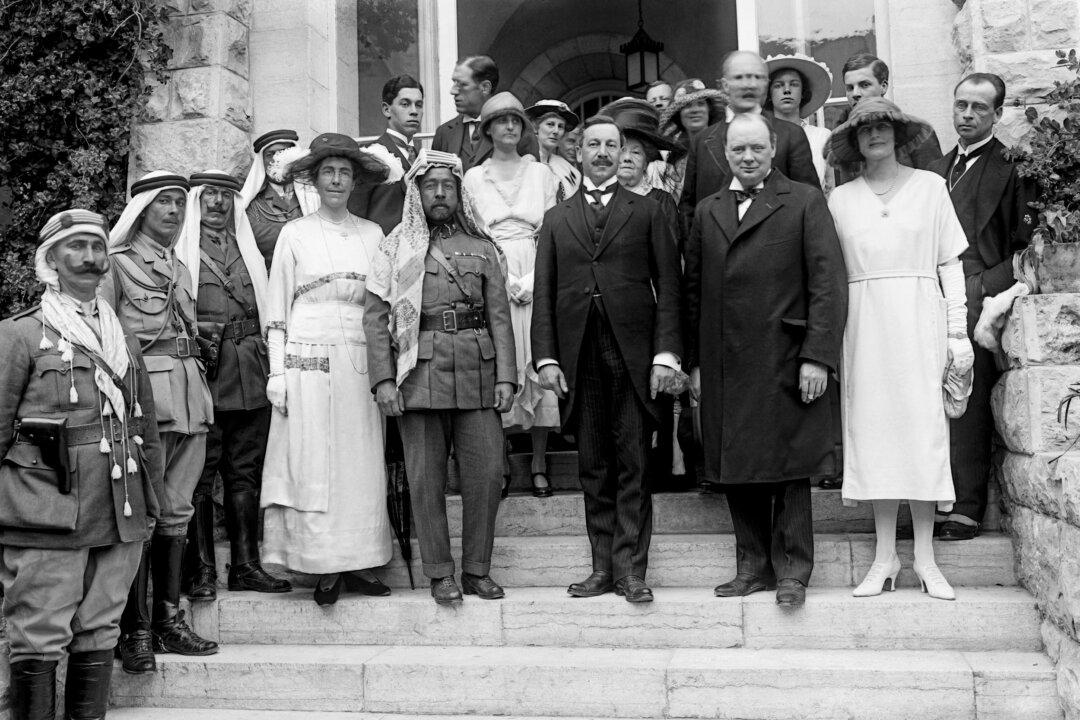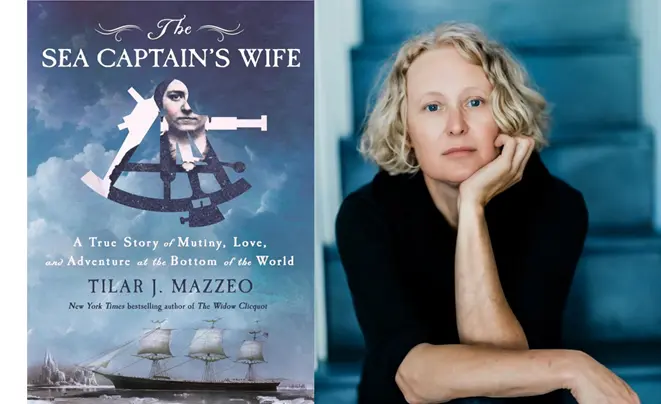As 1920 ended, Winston Churchill seemed headed for obscurity. The British failure at Gallipoli brought his political career to collapse in 1916. While partially restored before the Great War ended, he was stalemated in a dead-end cabinet position as 1921 opened. His judgment was widely questioned. He was experiencing financial difficulties.
When 1921 ended, everything seemed changed. His political star was rising again, and his finances were secure. Far from heading to insignificance, Churchill was again heading to a destiny of leadership.






